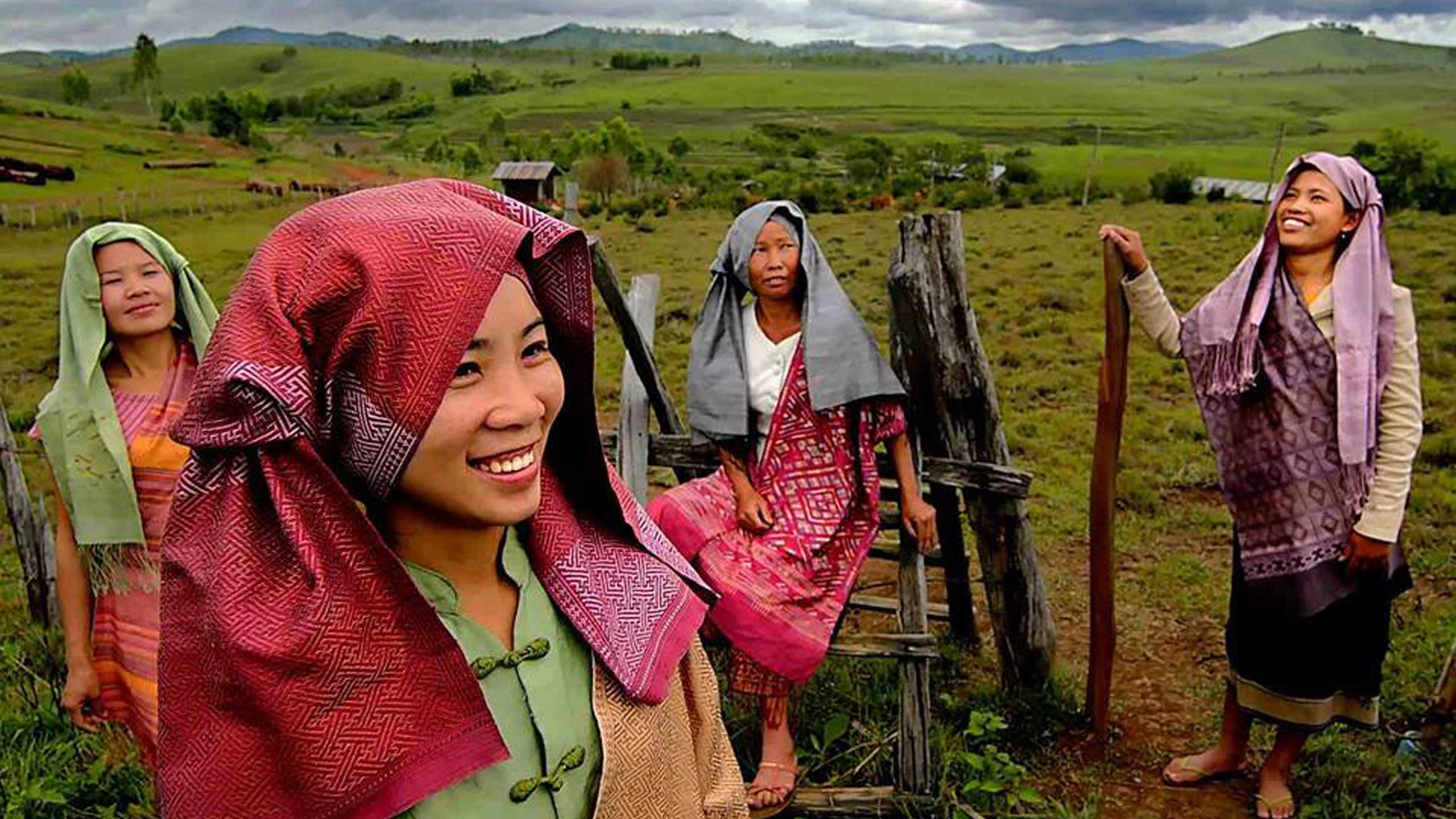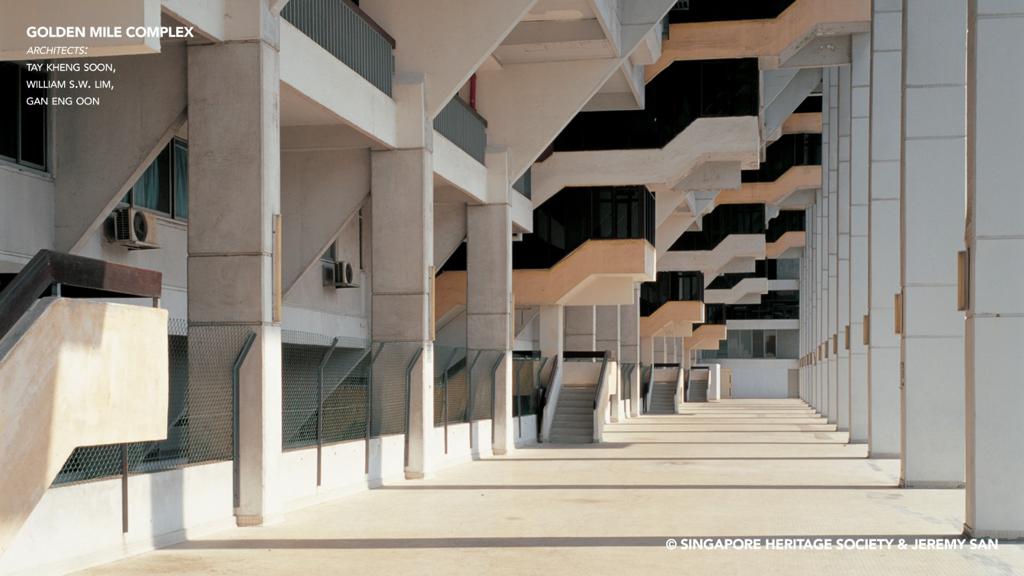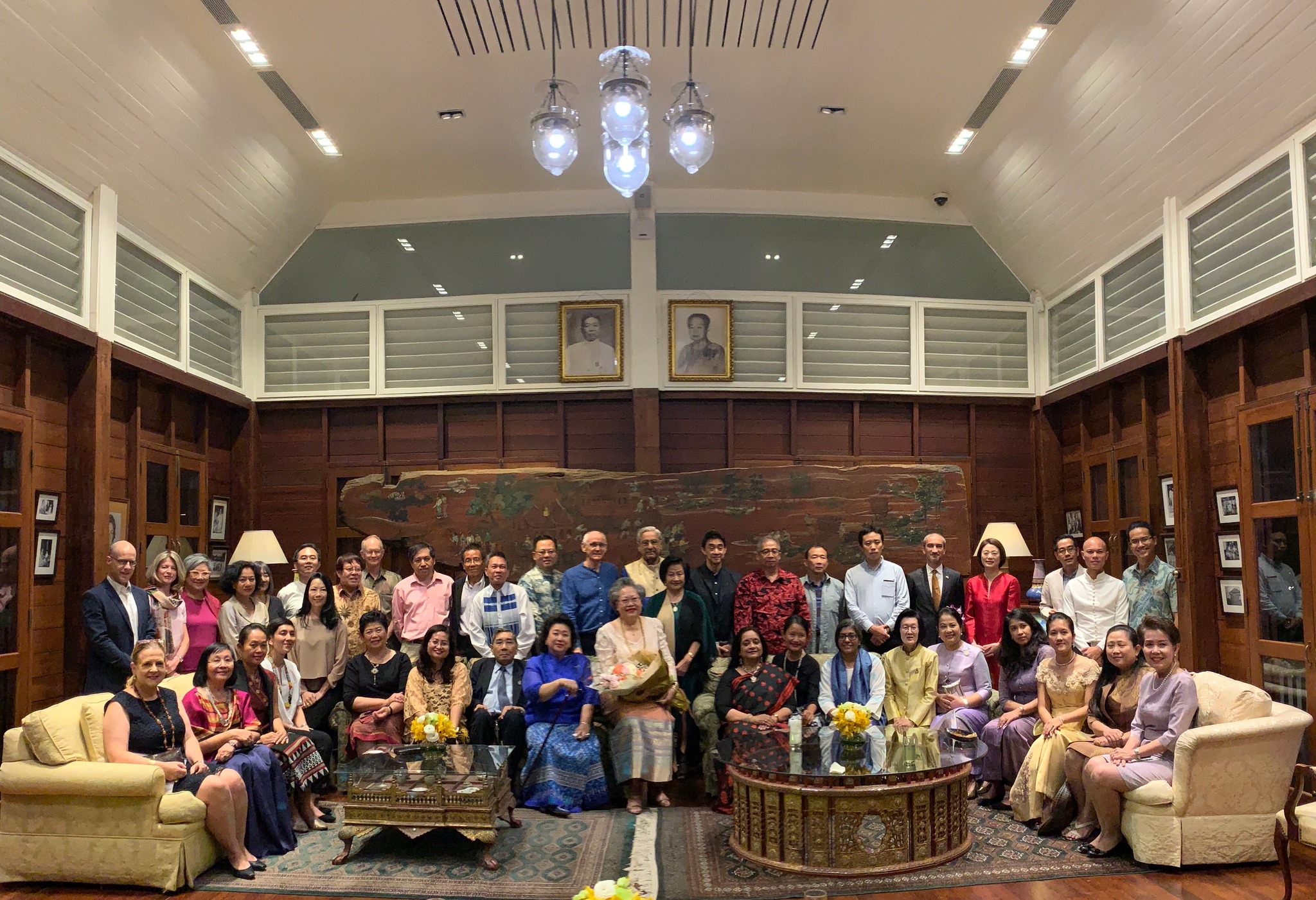Southeast Asian Cultural Heritage Alliance
A joint commitment of government, the people, and the business sector to cultural heritage protection policies and actions to safeguard Southeast Asian cultural heritage for future generations.
Mission
SEACHA aims to promote effective government-community partnership in cultural heritage management in Southeast Asia, to strengthen the ASEAN Socio-Cultural Community as a people-centered third pillar of ASEAN and serve both as a networking forum between ASEAN member organisations, with an aim to be a dialogue partner of ASEAN governments and the ASEAN secretariat further.
How does SEACHA carry out its Mission?
SEACHA wishes to establish a cultural heritage “Social Contract” within ASEAN. The intention is to link governments, communities, and the business sector in a joint commitment to cultural heritage protection policies and actions to safeguard ASEAN cultural heritage for future generations. The Social Contract includes, but is not limited to, cultural heritage related laws and regulations, cultural heritage governance, cultural heritage education, cultural heritage civil society, and community capacity building in cultural heritage. The regional context will enable mutual learning and development among communities in different countries and foster cooperation and projects that transcend national boundaries in the ASEAN region.
Read more
To this end, SEACHA aspires to be
- A forum for robust discourse about heritage among ASEAN heritage professional practitioners, civil society and community organizations, and interested members of the general public, and to promote public awareness of the importance of heritage protection as a vital component of sustainable national and regional development;
- A think-tank and resource centre, supporting ASEAN’s policy and decision makers in heritage, through analysis, consultation, training, organizing seminars and conferences, and highlighting to governments and the general public key issues of heritage, acting as a responsible “third force”, indigenous to ASEAN but independent of official, trans-national, and commercial stakeholders, and serving as a bridge between the heriatage interests and goals of people, business and government;
- A responsible, locally based advocate to propose “development of heritage management programs in ASEAN to place cultural heritage at the heart of the ASEAN community building efforts” and “creative solutions to protect heritage sites from damaging commercialization and urbanization”, to the ASEAN Ministers, as set forth in the Vientiane Declaration on Reinforcing Cultural Heritage Cooperation in ASEAN (2016).
Who are the founding members of SEACHA?
SEACHA is a digital-based network of civil society organisations in ASEAN countries who are engaged in cultural heritage conservation work.
(Other ASEAN civil society organizations are welcome to join with the founding members.)
The foundation of SEACHA
In 2019, a pan-Asian conference titled “Heritage Protection: The Asian Experience” took place in Thailand to explore the Asian experience of cultural heritage protection within the Asian socio-cultural and political context. With a diverse panel of speakers from many Asian countries and in various professions, ranging from academicians, practitioners and civil society, and with a highly engaged audience, the event was very successful. After the conference, it was clear that there is a wealth of local wisdom in the region and a consensus emerged among both audience and speakers to pursue the development of Asia’s own vision of cultural heritage protection. In particular, representatives from ASEAN nations recognized that until this moment, there was no organized group specifically dedicated to cultural heritage in Southeast Asia. Thus, several civil society organisations in ASEAN came together to form an alliance for developing indigenous Asian concepts of cultural heritage protection, and for initiating programs to promote cultural heritage protection in the region. The Southeast Asian Cultural Heritage Alliance, or SEACHA, was formed to pursue this goal.




